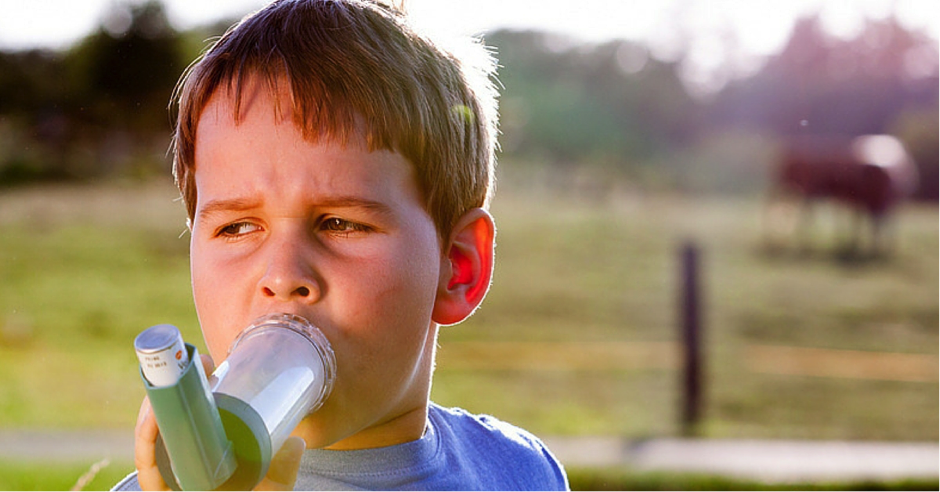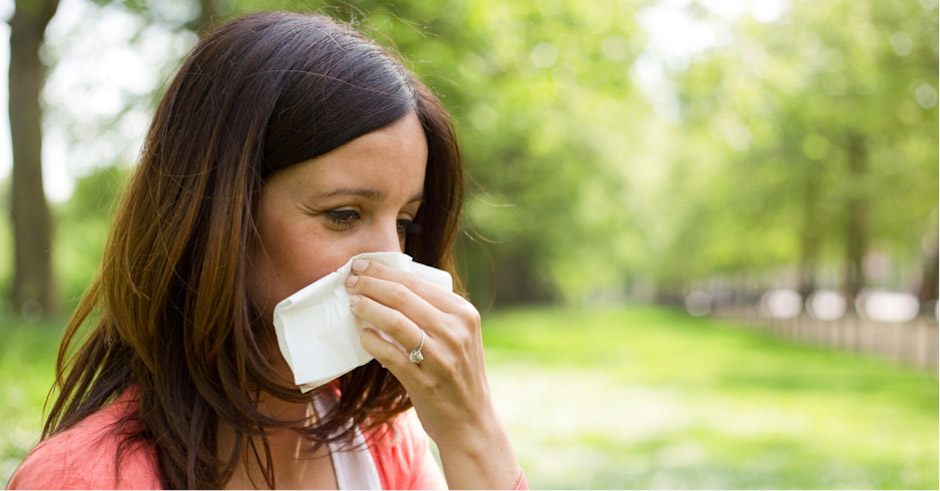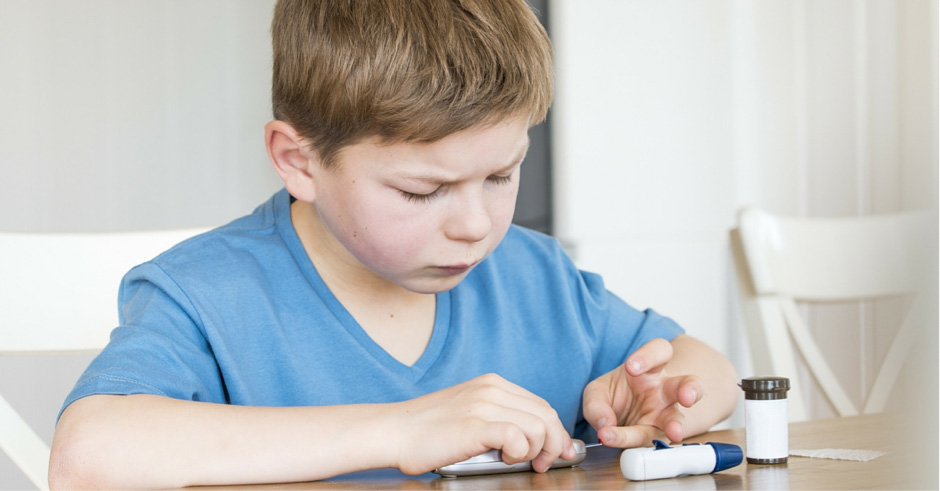Sleep disorders are very common. There are many types of sleep disorders, but to understand them, one first needs to understand how sleep is normally regulated. So, our body works in what is called a Circadian Rhythm, defined as a physical, mental and behavioural pattern that follows a 24-hour cycle. Ordinarily our body responds to light and darkness in our environment, produces the sleep chemical melatonin, and this determines our wake and sleep pattern.
When the body does not follow this 24-hour Circadian Rhythm, we experience sleep disorder. Disturbed sleep patterns have been associated with obesity, diabetes, depression and bipolar disorder. Also, sleep disorders have a huge impact on our personal, social and professional life. That’s why a stable sleep pattern is very crucial to good health.
There are a few different kinds of sleep disorders. Let’s look at the most common one.
Insomnia: Simply put, it is the inability to fall asleep and a lot of us suffer from this at some point in our lives. There could be several causes of insomnia ranging from a poor diet and too much exertion to emotional stress and disease. So what are the symptoms? They could be difficulty falling or staying asleep, waking up with a feeling of fatigue, waking up too early and having behavioural problems like aggression. If these symptoms persist for 3 nights a week for 3 months or longer the condition is considered chronic.
Older people and women are more prone to insomnia. In people over 65, insomnia could be triggered by a change in the Circadian Rhythm as the body responds differently to light. Small changes to lifestyle, like not taking a midday nap or cutting back on caffeine in the late afternoon could help. Older people are also prone to respiratory or gastrointestinal problems, triggering insomnia.
Women are another vulnerable group, purely because of biology. Insomnia can be triggered by hormonal changes, the menstrual cycle and menopause. Women suffering from depression also report suffering from insomnia
One big lifestyle change is the increasing exposure to computer screens before bedtime. Research has shown that the light from the screen inhibits production of melatonin – the sleep chemical, resulting in difficulty falling asleep even after the screen has been switched off. Ditto for watching television late into the night.
Sleep medication helps because it forces the person to sleep, giving them the rest their bodies need. However, in the long run, the person needs to work with their GP and develop a plan to eliminate factors that may be causing insomnia. Light therapy has also been found to be an effective and inexpensive way to treat the condition at home. Alternative therapies such as yoga, meditation and music are reported to be quite effective when they supplement conventional medication.
Now, insomnia is not to be confused with sleep deprivation that occurs because the person has not been able to get sleep due to their circumstance. These could be mothers of newborn babies who may have to wake up a few times during the night to nurse, or students studying for an exam. These are meant to be temporary circumstances and the sleep pattern returns to normal at some point without the need for medication.
Circadian Rhythm Disorders
- Delayed Phase Sleep Disorder:
This is a not a very common disorder and may often go undiagnosed because it happens intermittently. So the sleep is normal in quality and quantity, but because the person has a Circadian Rhythm of 24.5 hours or 25 hours, they sleep and wake later than socially accepted. And the delay builds up until their sleep cycle is totally out of whack with convention, before catching up and being normal for some time again.
In the periods when the sleep cycle is not in line with expectations, these cases are referred to the GP as ordinary insomnia cases. They are known to strike teenagers and young adults the most, with serious implications for school work and their sporting lives.
A combination of medication involving melatonin and morning bright light therapy has found to be quite effective in getting people back on a 24-hour Circadian Rhythm.
- Non 24 Sleep Wake Disorder
This is really a disorder most common in the visually impaired. Over 50% of the visually impaired or blind population suffer from this sleep disorder because they don’t have the normal perception of light that other individuals do. A small number of sighted individuals are also believed to be affected by this condition.
In the case of sighted people who suffer from the Non-24 due to light sensitivity, the condition is often misdiagnosed as depression. This happens because the symptoms of depression are similar to that of sleep deprivation. Early psychiatric intervention with sleep regulating medication has been found to be effective in treating the condition.
Daytime Sleepiness Disorders
- Narcolepsy, Excessive or Extreme Sleepiness:
This is a sleep disorder wherein the person has uncontrollable sleep attacks throughout the day ranging from less than a minute, to half an hour. This attack takes the person straight into the REM stage of sleep. Narcolepsy also has a few other symptoms. For instance, loss of muscle control caused by laughter called cataplexy or sleep paralysis and hallucinations. Sufferers often have very vivid nightmares and it can be a frightening experience.
The causes of narcolepsy are being researched but is believed to be genetic or caused by brain damage. The diagnosis involves a physical examination and a study of the person’s sleep pattern over time. There is no cure for Narcolepsy, but patients respond well to a combination of medication with psychiatric treatment and counselling.
Believe it or not, excessive or extreme sleepiness is a medical condition. If a person feels sleepy even after 10 hours of night sleep and a couple of hours of an afternoon nap, they may be suffering from extreme sleepiness that needs to be addressed with stimulant medication, avoiding alcohol and other relaxants.
Other Abnormal Sleep Disorders
- Nightmares and Sleep:
Nightmares involve vivid and frightening dreams. Often occurring as ‘sleep terrors’ in kids, they can cause sweating and increased blood pressure. - REM Sleep Behaviour Disorder:
This is a very rare disorder. REM (refers to rapid eye movement) is the dream phase of our sleep. Those suffering from this disorder tend to act out their dream physically. For instance, if the dream involves running, they may get out of bed and run, while in their sleep.
There are a few other kinds of sleep disorders that affect people with varying intensity. If you think you or a loved one is impacted by a sleeping disorder that is having serious implication for their social and working lives, it is time to get help from your GP.
Your GP will undertake a complete medical examination and may ask you to record your sleep pattern over a few weeks. A medical history with information on similar ailments among close relatives can provide vital genetic clues. Your GP will then recommend either a sleep specialist, psychiatric evaluation and counseling or will put you on medication right away if the diagnosis is simple.
Don’t ignore sleep disorders. They have the potential to impact your life with serious implications for mental and physical well-being. So see your GP at the earliest.






